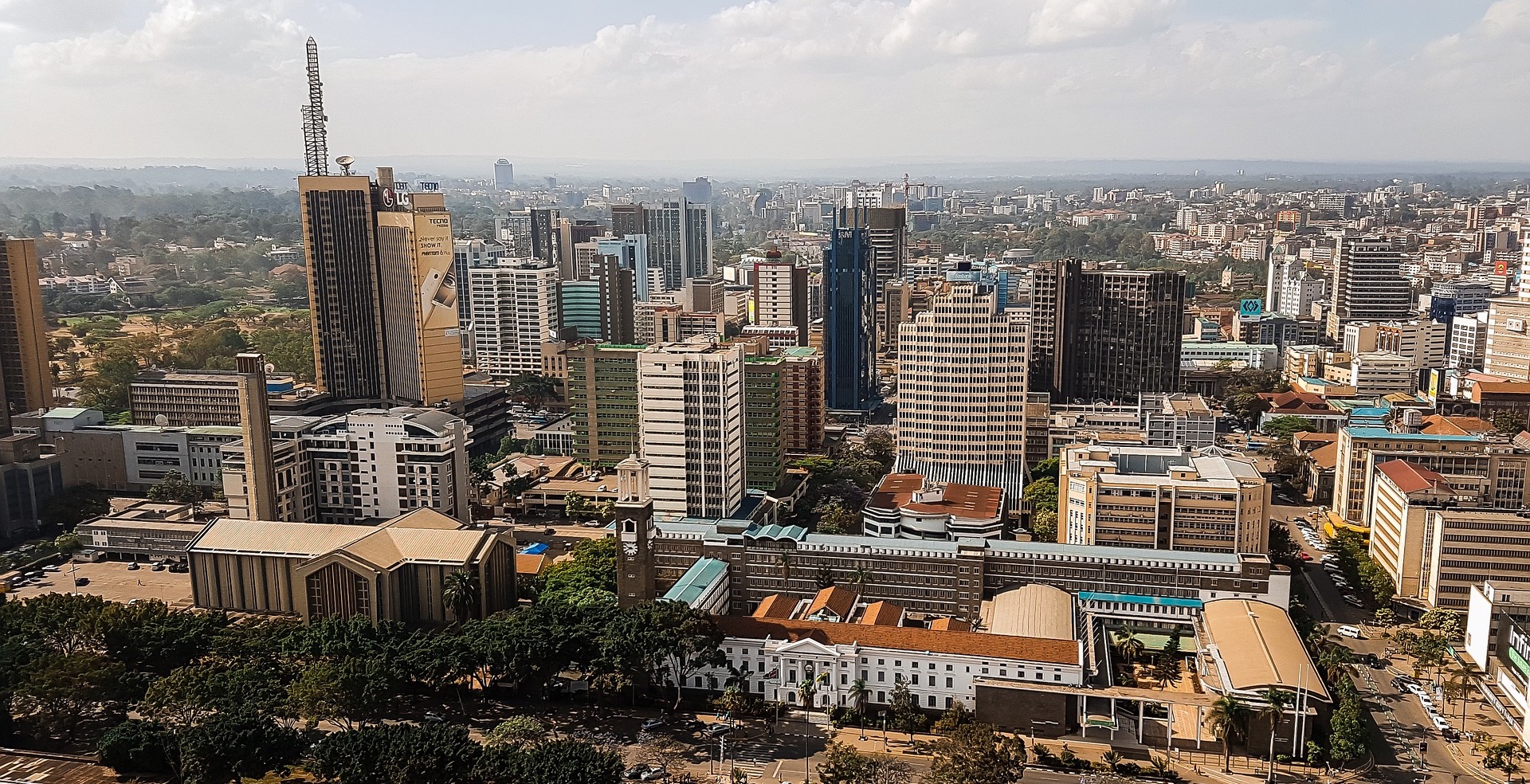In a span of three years, the global macroeconomic landscape has witnessed a substantial decline, with a series of pivotal events and factors contributing to the deteriorating conditions. These developments have implications for countries around the world, including Kenya.
It all began in 2020 with the outbreak of the COVID-19 pandemic, a global crisis that disrupted supply chains, intensified inflation rates, and led to income reductions in the service sector. As the world economy slowly began to recover, another crisis loomed. In February 2022, the Russia-Ukraine conflict erupted, triggering a surge in prices for essential commodities such as food, fuel, and fertilizers.
Simultaneously, the U.S. Federal Reserve initiated a series of interest rate hikes in March 2022, resulting in a stronger U.S. Dollar and increased borrowing costs, which reverberated across the global financial landscape.
Adding to these challenges, ongoing conflicts in the Middle East posed additional risks to global economic stability, while adverse weather conditions associated with climate change, such as floods and droughts, continued to disrupt economies worldwide.
One country facing the brunt of these global challenges is Kenya, whose economic structure is characterized by an open current account and a reliance on external debt to support its budget. This makes Kenya particularly vulnerable to shifts in global economic conditions.
Energy-related inflation in Kenya has surged due to rising global fuel prices and increased borrowing costs for Kenya Power. Meanwhile, food prices have seen an upward trend, driven by adverse weather conditions, escalating fuel expenses, and higher import costs for essential goods. The decision by the Federal Reserve to increase interest rates has led to a depreciation of the Kenyan shilling against the U.S. Dollar, resulting in elevated import expenses and challenges in terms of budget funding and the repayment of Eurobonds.
To address these challenges, the Kenyan government has revealed its intentions to boost expenditure, which necessitates higher tax revenues. However, it’s essential to note that higher taxes may have adverse effects on economic growth, potentially impacting tax collections. Recent reports indicate that the government fell short of its tax revenue target by KES 79 billion.
Despite these challenges, Kenya possesses the potential not only to shield its economy from global headwinds but also to thrive in this environment and extend its global influence. One of the most effective measures Kenya can take is to address the twin deficits, specifically the current account deficit and the fiscal deficit.
The fiscal deficit represents the disparity between government earnings, primarily taxes, and expenditures. When a country experiences a fiscal deficit, it means that it is spending more than it is earning, resulting in increased borrowing and a growing debt burden. To mitigate this, Kenya can choose between two primary approaches: increasing the country’s tax base to boost government income or reducing the size of the budget to cut government expenses. In times of economic challenges, such as the current global economic instability, it may be advisable for the government to wait until the economic situation improves before seeking to collect more revenue to boost the economy.
In such circumstances, the alternative approach is for the government to tighten its financial belt, aligning with Kenya’s current circumstances. Implementing expenditure reductions offers several advantages, including the potential to curb corruption, as leaner budgets are easier to monitor and provide fewer opportunities for misappropriation. Even in cases of corruption, the sums involved would be more manageable compared to the past.
As Kenya and the world at large grapple with these complex economic challenges, the path forward remains uncertain, but with prudent measures and strategic decision-making, countries can hope to navigate these turbulent economic waters and emerge stronger on the other side.


















